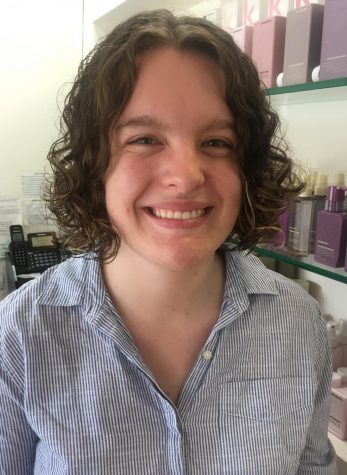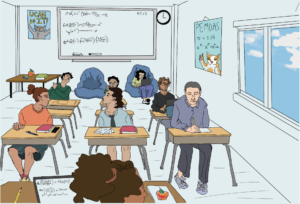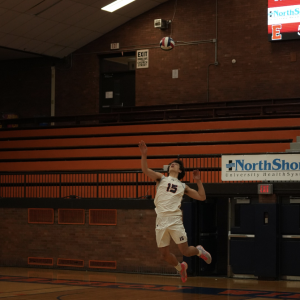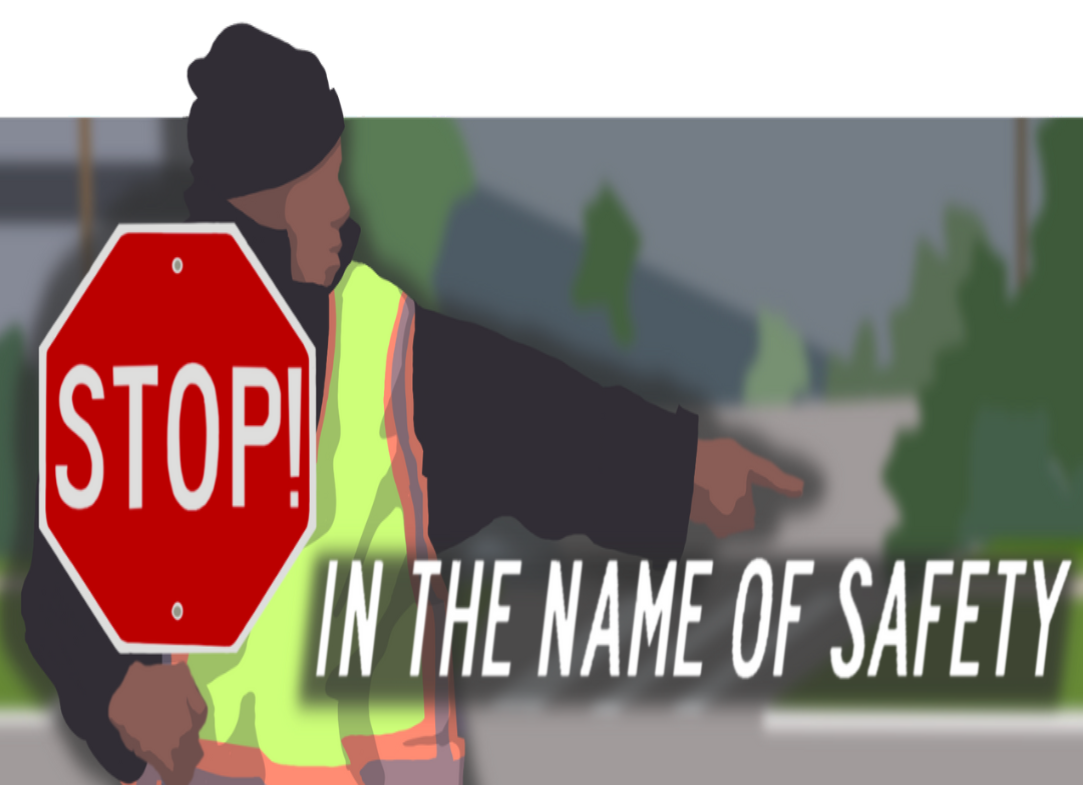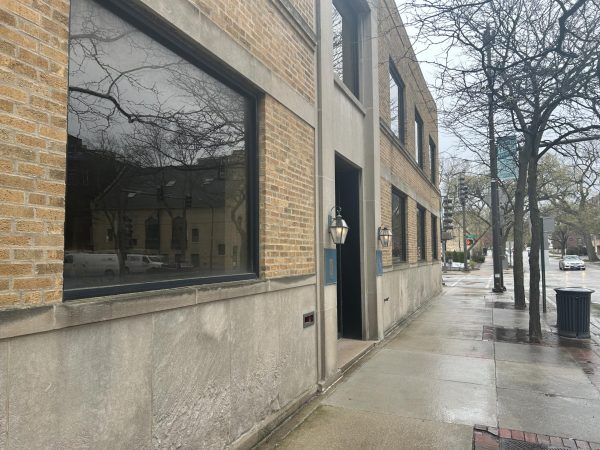Sophomore English and history curriculums shift focus to writing and student action
April 30, 2018
In an effort to emphasize the process of writing and student action, the sophomore history and English curriculum has been changed.
The new sophomore history class, called Civics, teaches students about the rights and responsibilities of individuals and the government.
“The goal is to help students become more civically engaged… we have students learning about controversial issues in the classroom by exploring and trying to understand those issues, from the local, state, national or global perspective,” History and Social Science Department Chair Nicole Parker said.
Civics was created over the summer in response to a state law that mandated a civics course for all high-school students. Administrators and teachers worked together to create a curriculum that “reflected our values as a History and Social Science Department and the values of the Evanston community,” according to Parker.
“[Civics] is really reflective of Evanston’s ethos… [Teachers] are trying to make Civics something that makes sense to people of all backgrounds, learning styles, religions and racial demographics,” sophomore Civics teacher Aaron Becker said.
An important part of the new Civics curriculum is the Civics in Action projects that all sophomore students complete throughout the year. These projects begin with students researching an issue of their choice earlier in the year, and culminate in the spring when students take action on their issue.
“We worked to engage students through service learning and we have chosen to have a service learning project that lasts pretty much from 2nd quarter up until 4th quarter,” Parker said.
One Civics in Action project is sophomore Tori Terry’s. She is attempting to get the health clinic to put informational pamphlets on where to get safe abortions in their office, in addition to the freshman p.e. Health classes making that information available.
“A lot of research shows that states are making abortions harder to get, so I thought it was important for young people to have access to abortions,” Terry said.
In addition to the changes made to sophomore history classes, sophomore English classes have moved a more writing-centric curriculum this year.
“We felt it was important for students to understand that writing can evolve and that drafting, editing and redrafting, was a skill and an experience that we wanted to put in sophomore year,” sophomore English teacher Julie Mallory said.
Sophomore English is also now a pathway to honors course, along with Civics, and students earn honors through a writing portfolio of their work throughout the semester.
“It’s really student driven. Students are deciding what work they want to have represent themselves and they’re also writing about their growth as a student and as a writer over the course of the semester,” Mallory said.
To expose students to the idea of spoken word stories, members of the Chicago group 2nd Story came to ETHS to host a workshop for sophomores on the process of spoken storytelling. In the first half of the workshop, 2nd Story members shared their own spoken word pieces. In the second half, students learned from those storytellers about what makes an effective spoken story, and were encouraged to share one of their own stories with peers in a breakout session.
“I thought [the breakout sessions] were interesting because you get good ideas from other people, including the presenter, who was very helpful, ” sophomore Maria Moreno said.
To learn more about 2nd Story, visit their website at https://www.2ndstory.com/.

